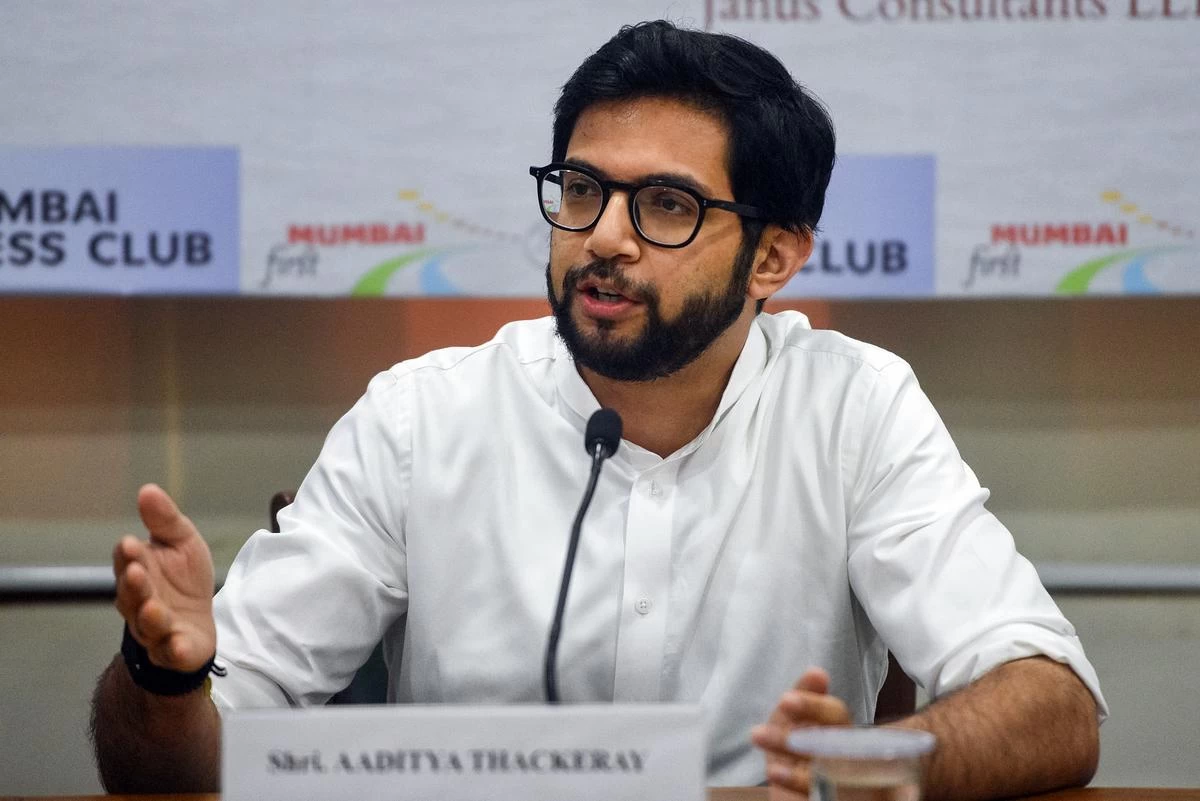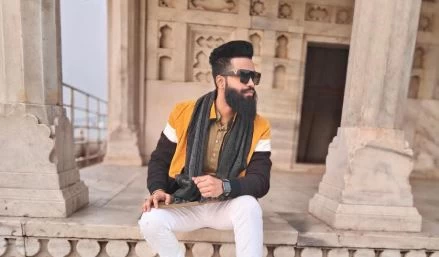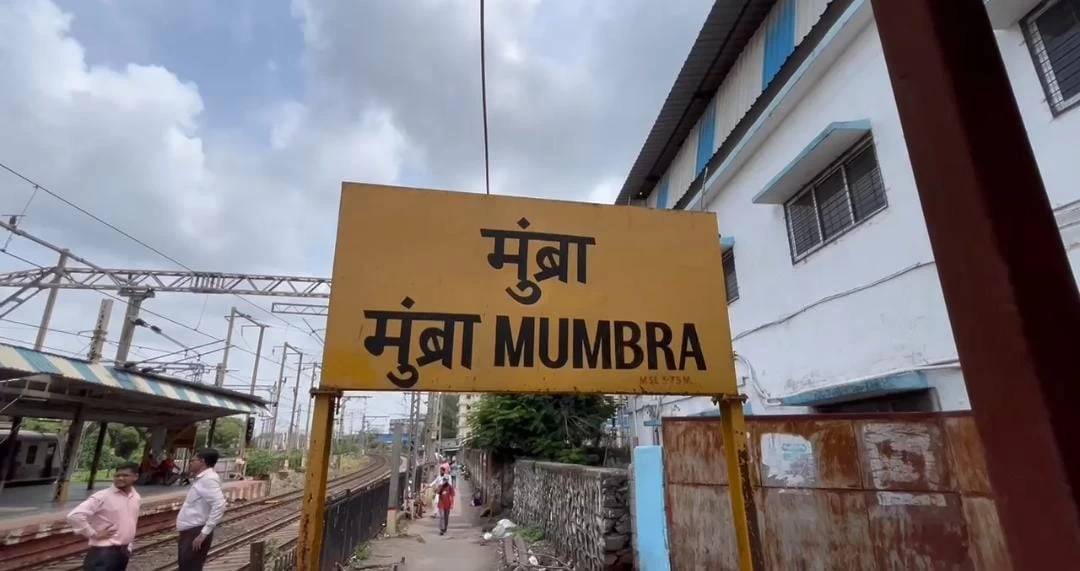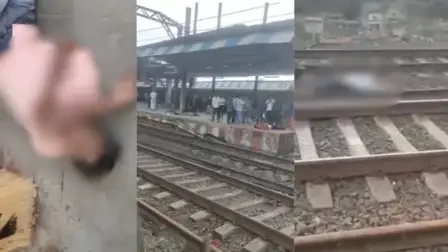Latest Updates
“Peace and harmony must be ensured…”: Supreme Court Intervenes in Sambhal Mosque Dispute, Directs Mosque Committee to Approach Allahabad HC; Restrains Local Court's Survey Order
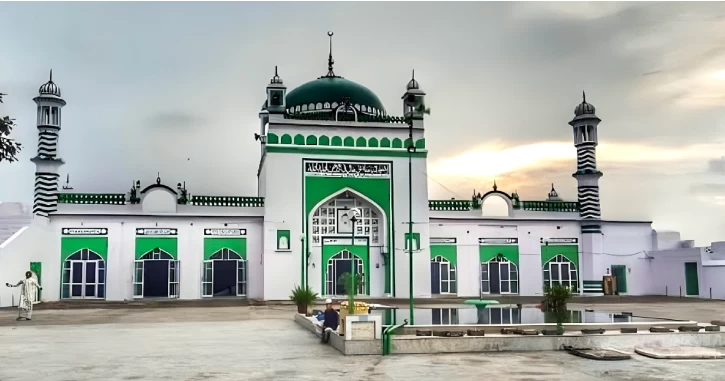
The Supreme Court on Friday intervened in the on-going dispute over the Shahi Jama Masjid in Sambhal, Uttar Pradesh, and directed the state government to take measures to maintain peace and harmony in the area. The court also issued a restraining order, halting any further actions by a local court regarding the mosque's survey until January 8. This comes days after violent clashes erupted during the survey process, leading to multiple deaths.
"Peace and harmony must be ensured. We will keep this pending. We do not want anything untoward to happen," Chief Justice of India, Sanjiv Khanna, stated during the proceedings. The court emphasized its commitment to neutrality and to preventing any escalation of tensions.
In addition, the apex court directed the management committee of the Shahi Jama Masjid to approach the Allahabad High Court to challenge the order issued by a local court for a survey of the mosque. The High Court is expected to hear the case within three days of the mosque committee's petition.
The top court further ordered that any reports, including the advocate commissioner’s findings from the survey, be kept confidential. "We hope and trust the trial court would not take any further steps in the matter until the high court takes up the proceedings and passes suitable orders," the Supreme Court noted.
Zia Ur Rahman Barq, a Samajwadi Party MP from Sambhal, welcomed the Supreme Court's intervention, calling it a crucial step towards restoring peace. Barq, who is among those charged over the violence, also announced plans to file a new petition requesting that the incident be investigated by a commission headed by a sitting Supreme Court judge. "I am happy that the Supreme Court has taken this decision," Barq said. "We will soon file a new petition in the Supreme Court demanding that the Sambhal incident be investigated by a commission headed by a sitting judge of the Supreme Court,” he added.
The controversy began when a group of Hindu petitioners, led by advocate Hari Shankar Jain, filed a suit in Sambhal’s civil court on November 19, 2024, claiming that the Shahi Jama Masjid was built on the site of a Hindu temple. The petitioners, including Jain and his son Vishnu Shankar Jain, argued that the mosque was constructed after the destruction of the "Harihar Temple" by Babur's forces in the 16th century.
In response, the local court swiftly ordered a survey of the mosque, appointing an advocate commissioner to conduct photographic and videographic documentation of the site. The survey was carried out with alleged minimal notice, sparking strong opposition from the mosque management, which argued that such actions could inflame communal tensions and violate the Places of Worship (Special Provisions) Act, 1991. This law prohibits altering the character of religious sites as they existed on August 15, 1947, except for the Ayodhya dispute.
The Supreme Court's decision came after violent protests erupted during the survey on November 24. The clashes, which involved a large crowd trying to block the police, resulted in several deaths and injuries. The police responded with tear gas, and more than ten vehicles were set ablaze. Following the violence, the Uttar Pradesh government established a judicial inquiry committee, headed by former Allahabad High Court judge Devendra Kumar Arora, to investigate the cause of the unrest. The committee has been tasked with submitting its findings within two months




.webp)
